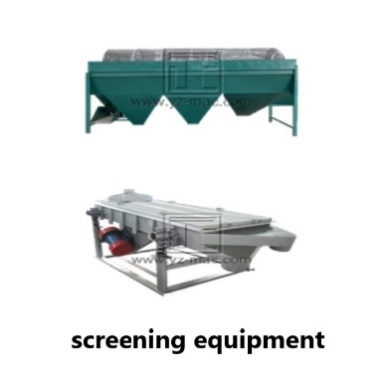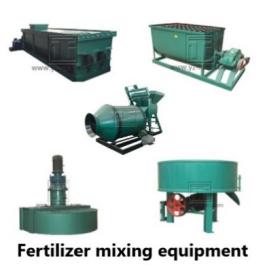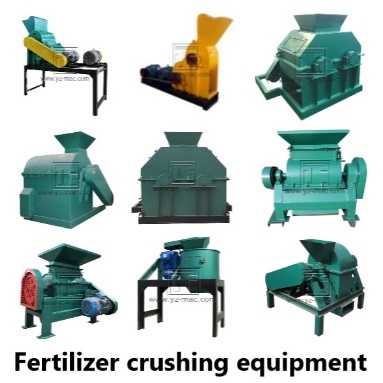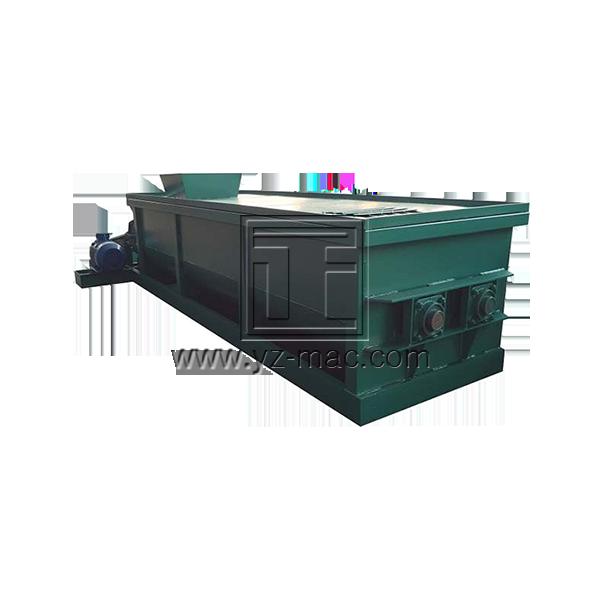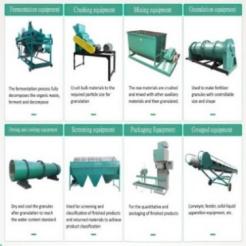Sieving machine for vermicompost
A sieving machine for vermicompost, also known as a vermicompost screener or vermicompost sifter, is a specialized equipment designed to separate larger particles and impurities from vermicompost. This sieving process helps refine the quality of vermicompost, ensuring a uniform texture and removing any unwanted materials.
Importance of Sieving Vermicompost:
Sieving plays a crucial role in improving the quality and usability of vermicompost. It removes larger particles, such as undecomposed organic matter, twigs, and other debris, ensuring a refined product. Sieving also helps create a consistent particle size, allowing for better moisture distribution, improved aeration, and enhanced nutrient availability in the vermicompost.
Working Principle of a Sieving Machine for Vermicompost:
A sieving machine for vermicompost typically consists of a vibrating screen or rotating drum with perforations or mesh. Vermicompost is fed into the machine, and as the screen or drum vibrates or rotates, smaller particles pass through the openings, while larger materials are conveyed forward and discharged. The sieved vermicompost is collected for further processing or application.
Benefits of Using a Sieving Machine for Vermicompost:
Refines Texture: By removing larger particles and impurities, a sieving machine ensures a refined texture in vermicompost. This makes it easier to handle, spread, and incorporate into the soil, promoting efficient nutrient release and absorption by plants.
Enhances Moisture Distribution: Sieving vermicompost helps achieve better moisture distribution throughout the material. This allows for more balanced moisture levels, preventing dry or wet spots in the vermicompost, and creating an optimal environment for microbial activity and nutrient release.
Improves Aeration: Sieved vermicompost provides improved aeration due to a consistent particle size and reduced compaction. The increased airflow promotes the growth of beneficial aerobic microorganisms, enhancing decomposition and nutrient transformation in the soil.
Ensures Nutrient Availability: Sieving vermicompost removes undecomposed organic matter and larger materials that may hinder nutrient availability. The sieved vermicompost offers a more consistent nutrient composition, allowing for better control of nutrient application and uptake by plants.
Facilitates Uniform Application: Sieved vermicompost has a uniform particle size, making it easier to apply and spread evenly across the soil. This uniformity ensures consistent nutrient distribution and promotes optimal plant growth and productivity.
Using a sieving machine for vermicompost is essential for refining the quality and usability of vermicompost. By removing larger particles and impurities, sieving creates a refined product with a uniform texture, improved moisture distribution, enhanced aeration, and optimal nutrient availability. Sieved vermicompost is easier to handle, spreads more uniformly, and promotes better plant growth and soil health.


